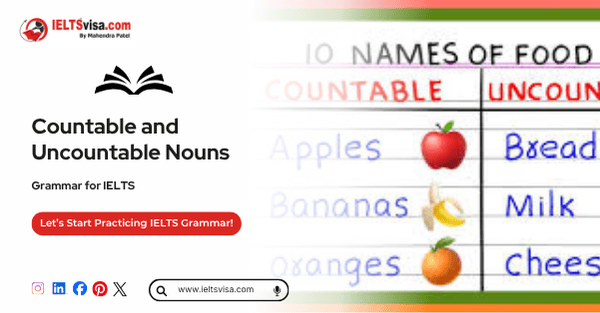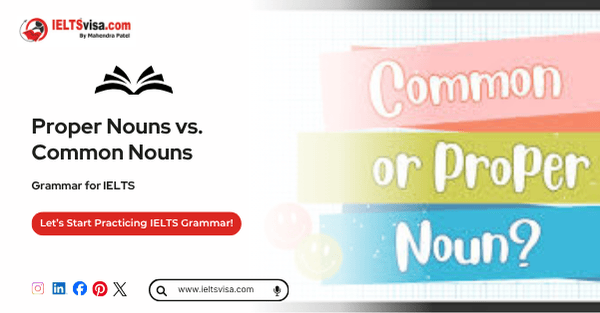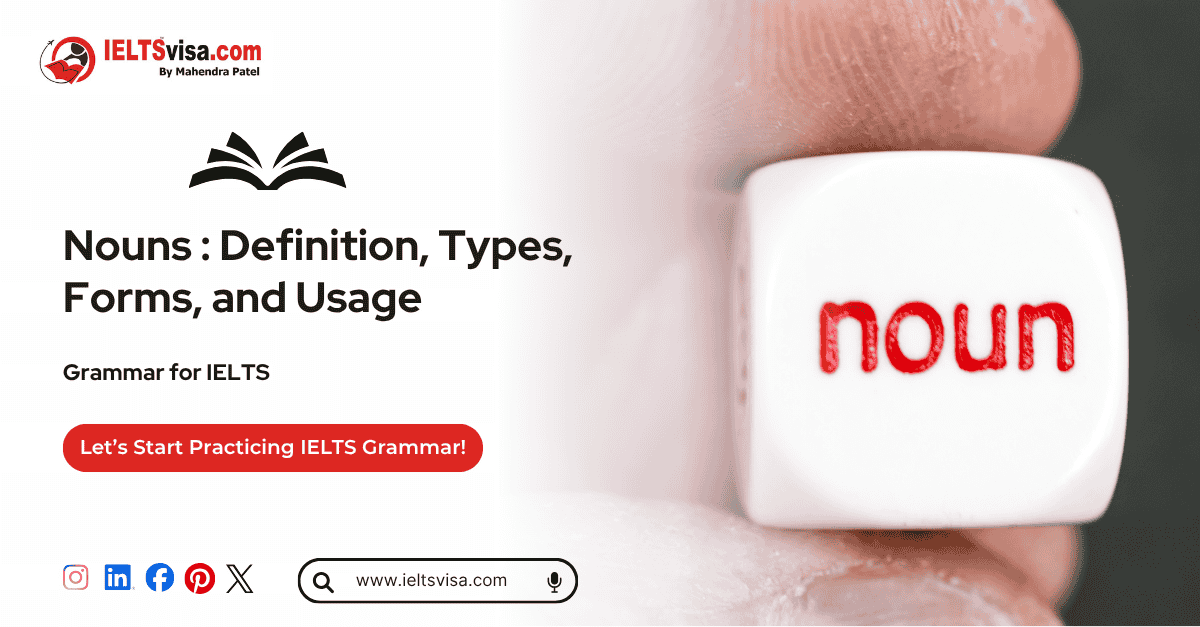Why some IELTS students get lower band scores in Reading?
IELTS Advice
There can be several reasons why some IELTS students get lower band scores in Reading. Here are some common reasons:
- Poor time management: The Reading section of the IELTS test is time-bound, and candidates need to answer 40 questions in 60 minutes. If a candidate spends too much time on a particular question or section, they may not have enough time to answer the remaining questions.
- Lack of reading skills: The Reading section requires candidates to have strong reading skills, including the ability to skim and scan, understand complex vocabulary, and interpret information presented in graphs and charts.
- Incomplete understanding of instructions: Not understanding the instructions, such as failing to follow the word limit or ignoring the question format, can result in lower scores.
- Poor exam strategy: Some candidates may not read the questions carefully or may not prioritize answering the questions that carry more marks. They may also struggle to find relevant information in the given text.
- Inadequate practice: Not practicing enough before the exam can also result in lower scores. Candidates who have not practiced reading English texts regularly may struggle to finish the Reading section within the given time limit.
- Language proficiency: Lower scores in Reading can also be due to inadequate proficiency in the English language, including weak vocabulary, grammar, and comprehension skills.
Study Abroad







Countable and Uncountable Nouns
Countable and Uncountable Nouns: Meaning, Definition, Usage, and Examples Nouns, as you might already know, are words that name people, places, animals, things, or ideas. While learning English, you may have encountered singular and plural nouns. But did you know that...

Proper nouns vs. common nouns
Proper nouns vs. common nouns Nouns are foundational to every sentence, as they help us name and describe people, places, things, and ideas. While all nouns serve a similar purpose, they can be divided into two main types: common nouns and proper nouns. Understanding...

Nouns
Nouns: Definition, Types, Forms, and Usage Understanding nouns is essential for mastering English grammar. Nouns serve as the foundation of sentences and play a vital role in communication. This comprehensive guide explores what nouns are, their categories, and forms,...








